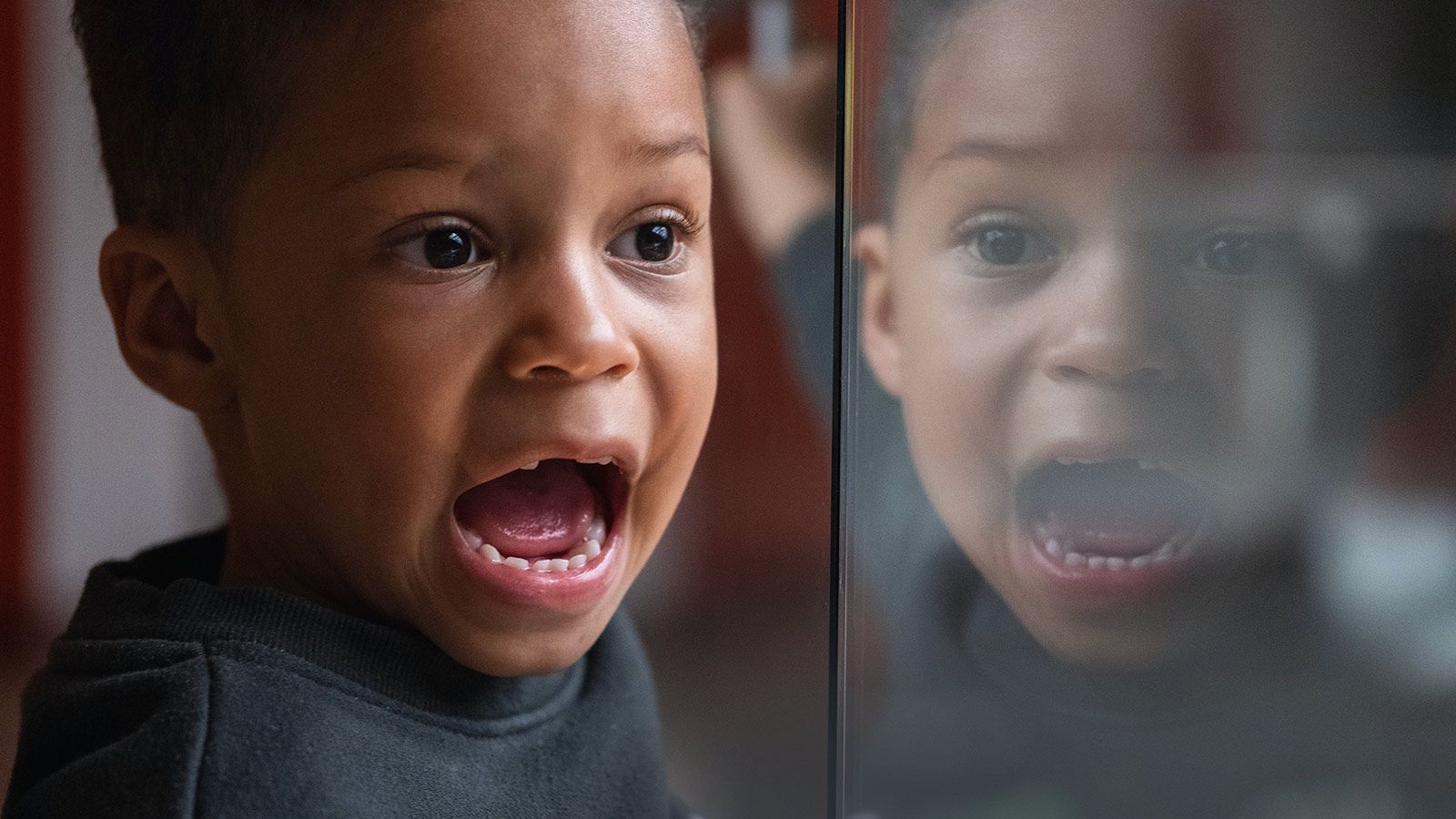The following abstract is from an article by a Hunter Mellon Mays Undergraduate Fellowship scholar that was published in the prestigious Mellon Mays Undergraduate Fellowship Journal. A link to the full article is provided below.
Author: Arianna Chinchilla, Hunter College, The City University of New York
Title: From Pathology to Prodigy: Parental Discourses on “Late Language Emergence”
Publication: The Mellon Mays Undergraduate Fellowship Journal 2018
Abstract: “Pathologization” refers to the processes by which people identified as belonging to specific groups are perceived and labeled by a powerful group as “abnormal” (Heydon & Iannacci, 2008, p. 3). Supposed abnormality is perceived to be in need of correction, usually through medical or scientific intervention (Heydon & Iannacci, 2008). Psychosocial and linguistic development in particular has been positioned by researchers and clinicians within a discourse of deficit and labeled as “normal” or as “disordered” and “dysfunctional.” Such discourses have shaped public perception and ways of talking about child language development, which is evident in the dozens of Internet sites where clinicians explain diagnostic “symptoms” and appropriate “interventions.” As a result, parents and caretakers have utilized online spaces such as forums to discuss their experiences along with the implications of these clinical scripts for their children. The latter is the focus of my research—the ways in which parents discursively construct, negotiate, resist, and contest “late language emergence.”


